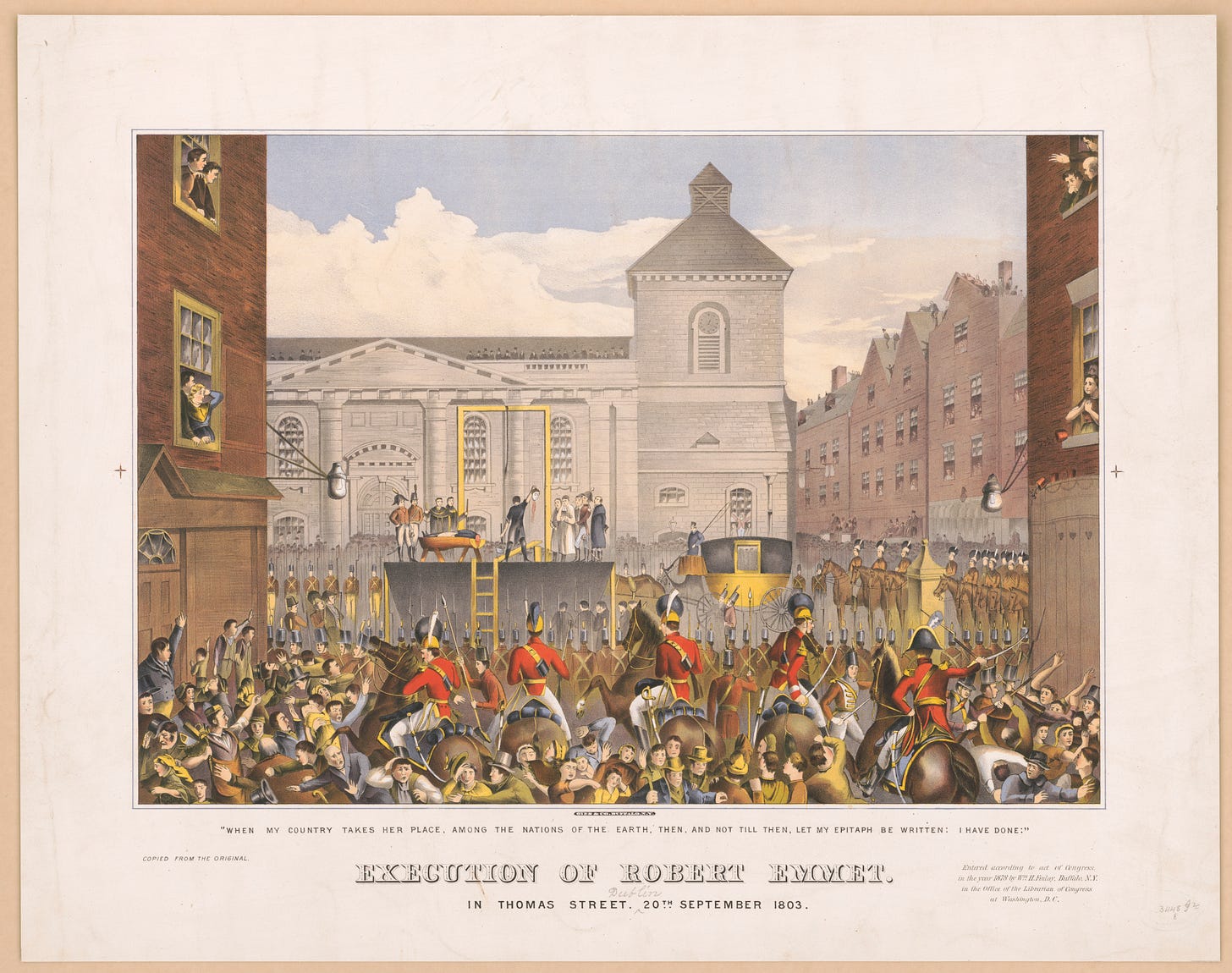
Justin Blessinger is professor of English at Dakota State University and a long-time teacher of Irish and English literature: a man of words and a man of his hands, working in his spare time on computerized mechanical devices for the disabled. His thoughts moved recently to the relative invisibility of James Clarence Mangan, and Poems Ancient and Modern suggested he write up a note for our readers, since St. Patrick’s Day is this coming Sunday, March 17.
Keep reading with a 7-day free trial
Subscribe to Poems Ancient and Modern to keep reading this post and get 7 days of free access to the full post archives.





